Much has been made of the similarities between Netflix’s new series The Witcher and HBO’s Game of Thrones. That’s no surprise given the gaping void the latter left in the realm of TV after its finale. Something, people are sure, must fill that gap, and The Witcher could be it.
But while there are some surface-level similarities between the two, there are also significant differences. Some of those key differences may affect who enjoys the show. So how close are these two shows on the fantasy family tree? Here are five ways in which they are the same and five ways in which they are very different.
10 Same: Political Intrigue
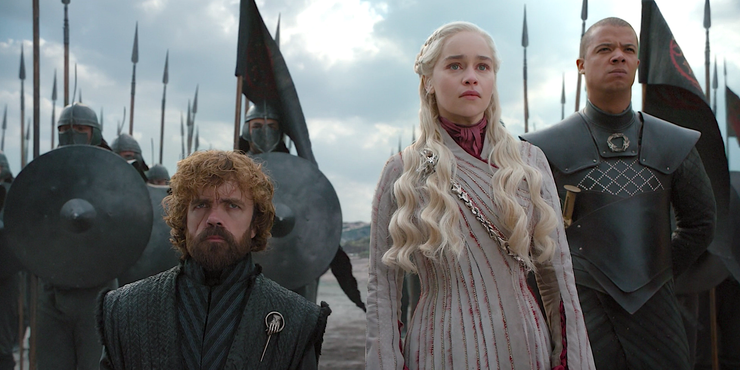
Game of Thrones fans were treated to an extremely complex rivalry of multiple houses and multiple people within those houses. Politics play a significant role in The Witcher as well, though it’s not followed as closely. The “teams” are a bit more confusing and seem to have fewer players.
It doesn’t help that princesses don’t seem to last long in this universe, or at least Geralt always meets the troubling ones. The team analogy is also structured a bit differently; Thrones had seven kingdoms that start united under one king, whereas Witcher starts with multiple kingdoms that may soon become one empire.
9 Different: Focus On Three Characters
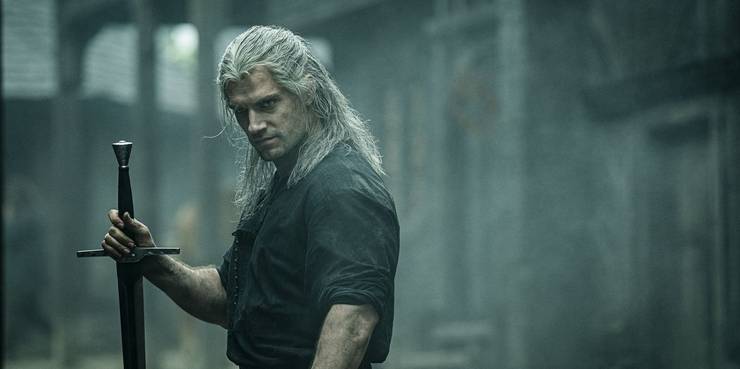
While Thrones fans may have loved the multitude of characters and their well-rounded motivations and confusingly interconnected subplots, TheWitcher narrows the viewer’s focus to three characters: Geralt, Yennifer, and Cirilla. That certainly makes it easier to remember the names, but it also brings the plot together a bit more simply.
Side characters are just that: side characters. Their subplots are limited and not meant to redirect the viewer’s focus. So Witcher might be a safer bet for those who watched Thrones with a constant, “wait, which one was he again?”
8 Same: Grimdark Tone
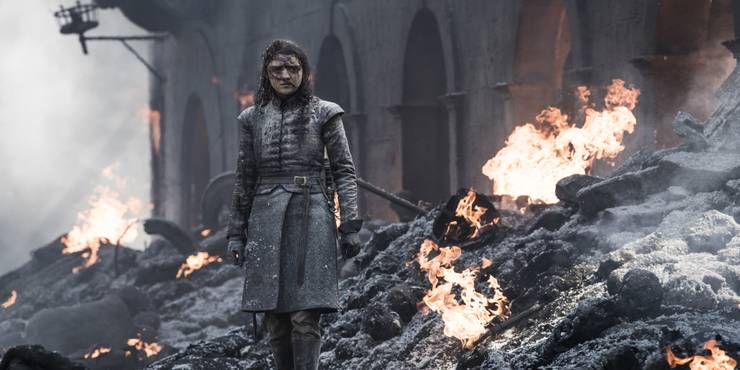
One of the aspects cited as most thrilling about Game of Thrones as a fantasy series was its darkness. The idea that heroes really could die, and that good doesn’t always win were fascinating for fans very used to plot armor. The Witcher is similarly grim, in a world on the verge of colonization and post-genocide of one of its races.
Discrimination is key to Geralt’s story, as it was in Jon Snow’s, Tyrion Lannister’s, and those of other Thrones characters. He’s hated for what he is, and there are hints at childhood trauma in becoming what he is. In fairy tale terms, its tone leans decidedly away from Disney and toward the Grimm brothers.
7 Different: Magic Is Dead-Center
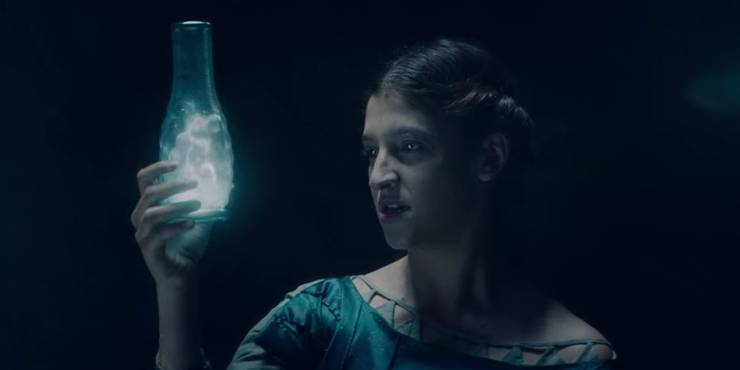
Fans of Game of Thrones’ source material (and some fans of just the show) were upset by poorly paid off magic in the series. The White Walkers were built up a lot, but ultimately were finished in one battle, and magic was so sidelined that many of the characters didn’t even believe in magic or gods. Not so with The Witcher.
Geralt himself, the titular Witcher, is a magic-user, Yennifer is a mage, and Cirilla has been shown to have some sort of magical scream. People are very much aware that magic is real on the Continent, and it plays a part in their everyday lives. There’s even a scene where a couple buys magic treatment for their bedroom problem.
6 Same: Violence And Nudity
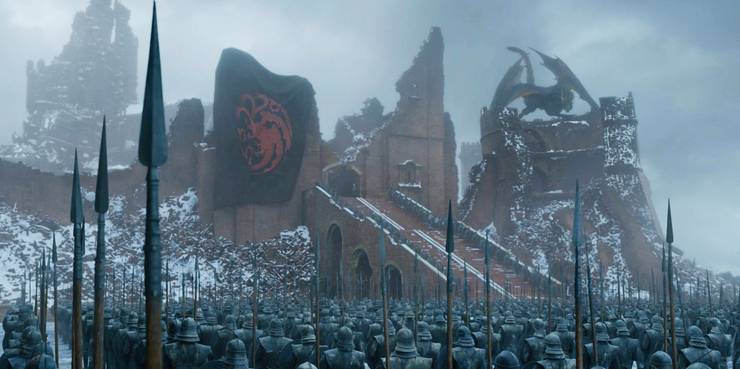
This one is a big reason why people see similarities between the two shows. Yes, Geralt fights a lot. And his Christmas card list is painfully short for lack of friends. But Game of Thrones had a habit of killing off characters they’d actually developed for greater impact, and Witcher doesn’t do as much of that.
The nudity, on the other hand, is arguably more plentiful in The Witcher, where multiple magic spells involve nudity. Not even particularly useful nudity; the gratuitous garden of naked ladies in Stregebor’s home is just there to make him look like a creep.
5 Different: More Good Characters
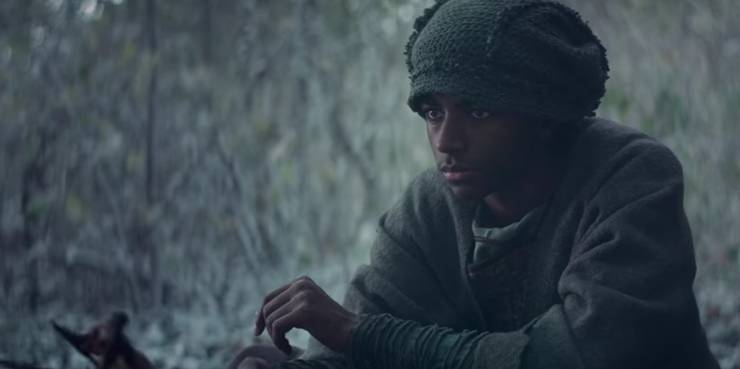
Morally gray characters were a draw for many Thrones fans. Every character had their dark side and did terrible things, and the villains had their light spots as well. But The Witcher is a bit clearer about which characters can and should be cheered.
While Geralt has done some bad things, and Yennifer is no saint, they still fit comfortably into the “good” box with most other fantasy protagonists. Even when Geralt does bad things, he’s still portrayed more as a good guy who made a mistake than a morally gray character who is neither hero nor villain.
4 Same: Both Adaptations
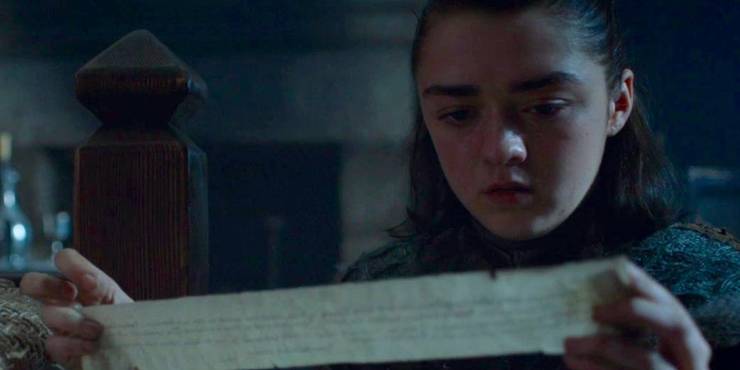
Game of Thrones was based off the book series Song of Ice and Fire. The Witcher is also based on a book, and has been made into video games that predate the Netflix adaptation. It’s yet to be seen how true the show will be to the books, but some things will inevitably get lost in translation.
Somewhat literally, too; The Witcher stories were originally written in Polish. New viewers would do well to at least look up a summary of the books first. The first season doesn’t really explain much about what a Witcher is, exactly, or how his powers work.
3 Different: Nonlinear Timeline
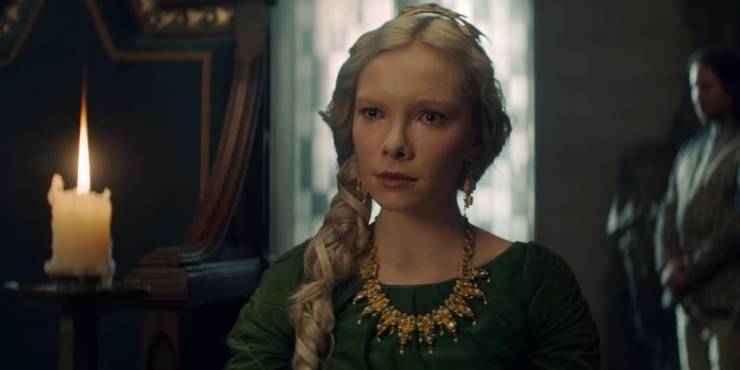
While Thrones may have bounced around to different places in Westeros and Essos in roughly the same time frame, The Witcher bounces around chronologically. This can be a little confusing at times since there’s no announcement that the viewer is watching a flashback.
It just becomes apparent when there’s a character on screen that’s already died, like when Queen Calanthe is partying with her daughter Pavetta. The viewer had already seen Calanthe’s death and the daughter was dead during Calanthe’s introduction. But it can get a bit tricky to follow, since the characters’ stories don’t entwine right away, making it hard to tell when they are in the story.
2 Same: Apocalypse Nigh
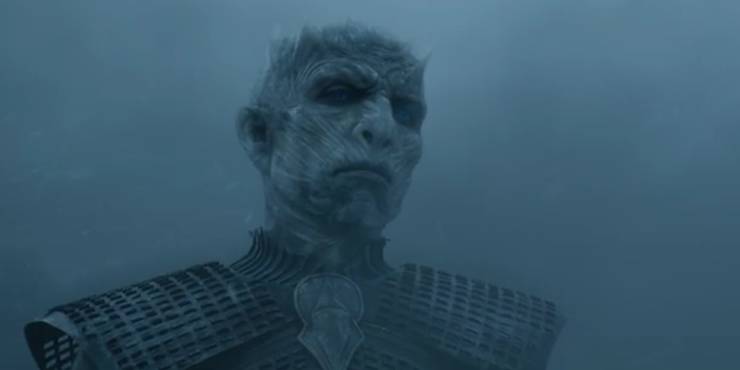
The very beginning of Thrones‘ pilot introduced viewers to the white walkers, and the impending magical doom of the country (which arguably didn’t come to fruition, given the singular battle with them).
The Witcher begins with a similar problem. Stregebor is the first to introduce the apocalyptic prophecy, but he sounds like he’s telling an elaborate tale. It gradually becomes clear that there may be more truth to it than the rest of what Stregebor says. Ciri, in particular, seems to be a central part of whatever badness is coming, so it looks like Geralt may be in for it.
1 Different: Fate Vs. Free Will
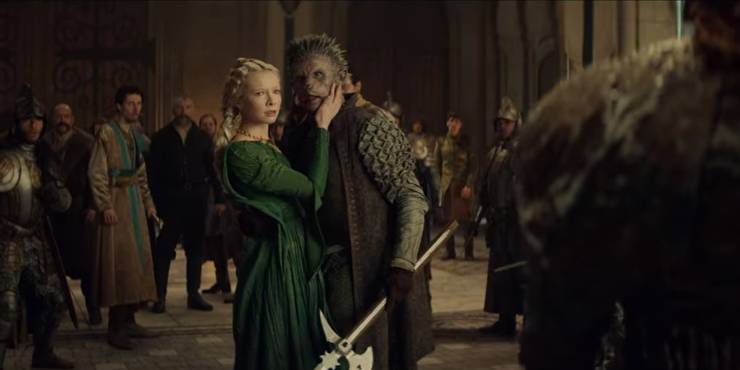
In Game of Thrones, destiny is for suckers. This is proven by the many shocking deaths, including good old Ned Stark, and also when being the legitimate son of the last Targaryen heir to throne ultimately meant nothing for Jon Snow.
But in The Witcher, destiny is here to rule. Over the course of the somewhat disorienting timeline of the first season, Witcher viewers learn that the burning of the city at the beginning is very much the result of trying to flout destiny. The coming together of the main characters is presented as fate and attempts to avoid fate meet with destruction.
About The Author



